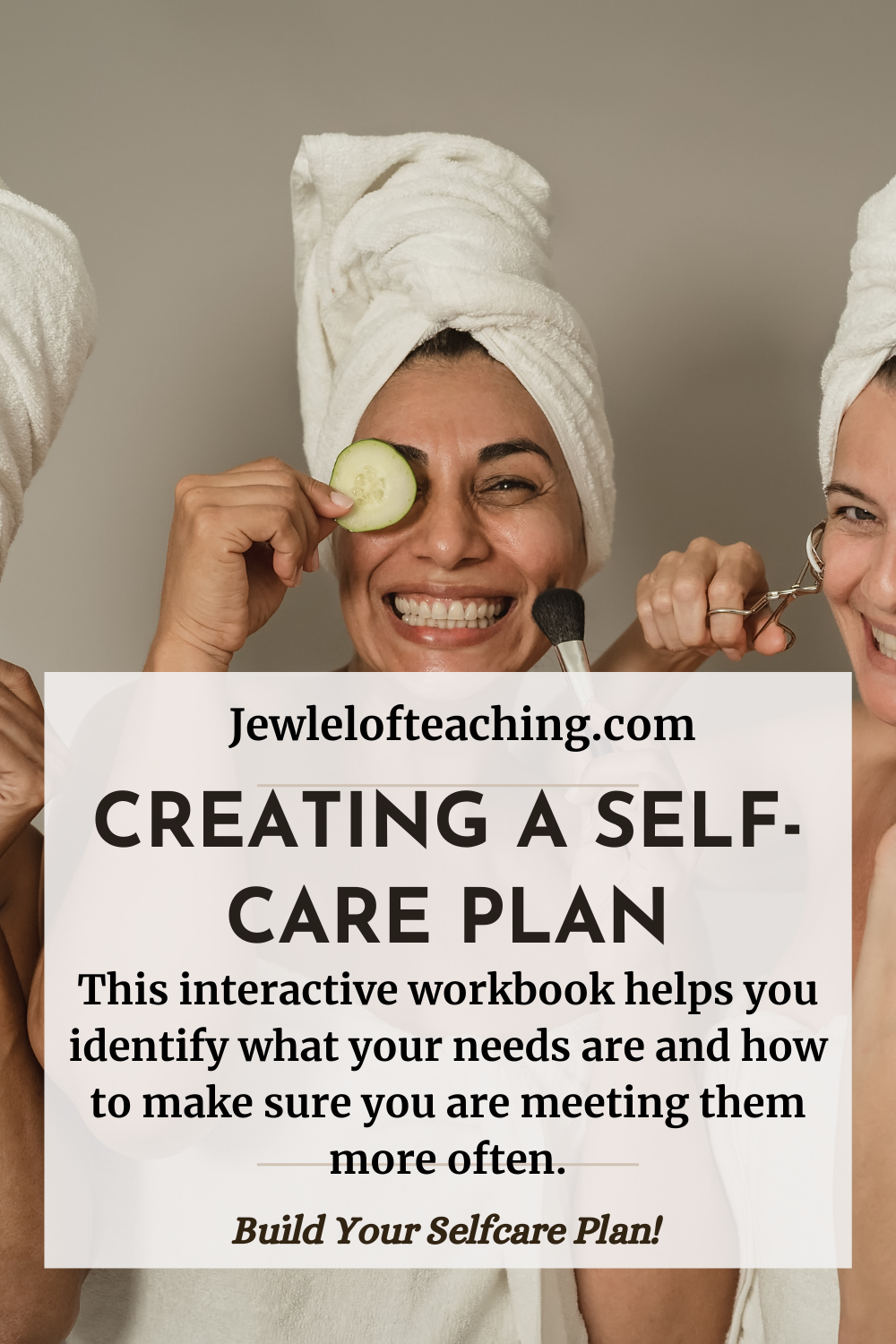How Stress Affects Your Brain (And What to Do About It as a Small Business Owner)

TLDR: How Stress Affects Your Brain and Business
- Chronic stress impacts your memory, decision-making, and emotional regulation
- It shrinks parts of your brain tied to entrepreneur productivity and problem-solving
- If you’re neurodivergent, you're more likely to struggle with burnout, brain fog, and freeze/fawn responses
- Your stress response cycle may be stuck “on,” keeping your nervous system in survival mode
- Completing the cycle with body-based stress relief (not just mindset work) resets your capacity
- Building supportive business systems that reduce stress is essential for sustainability
- Tools like the Stress Relief Toolkit and Self-Care Plan Workbook help you take action without burning out
Stress Isn’t Just in Your Head, It Changes Your Brain
As a small business owner, you carry a mental load most people don’t see.
You’re running your own operations, fielding client questions, marketing, selling, posting content, solving tech issues... and that’s before you’ve had a cup of coffee.
If you’ve noticed brain fog, trouble making decisions, or emotional shutdown, especially when you’re overwhelmed. That’s not you “being bad at business;” that’s your nervous system doing everything it can to protect you from chronic stress.
And if you’re neurodivergent? It can hit even harder.
As someone with ADHD, I’ve hyperfocused myself straight into burnout more times than I can count. I’ve felt the 2PM brain fog roll in like a storm cloud. I’ve stood in my kitchen unable to choose what to eat because my decision fatigue was that intense.
Stress isn’t just a feeling.
It changes how your brain works. And that impacts every part of your business.
Let’s break it down.
What Chronic Stress Does to the Brain
Stress isn’t inherently bad. In fact, short-term stress can make you sharper and help you perform under pressure. The issue is when your stress never turns off.
Here are 5 science-backed ways chronic stress affects your brain:
1. 🧠 It Damages Memory and Focus
Even low-grade stress — like running late or being behind on emails — can impair memory and focus. That’s because stress activates the amygdala (survival mode), which overrides your hippocampus (memory center).
Chronic stress weakens this memory function over time, which makes it harder to think clearly or remember important tasks — even ones you do every day.
2. 🌱 It Kills New Brain Cells
Yes, literally. Studies show that stress disrupts neurogenesis — the formation of new neurons in your brain. This stagnates your learning and makes it harder to adapt or innovate in your business.
3. 🧩 It Shrinks Critical Areas of the Brain
Ongoing stress shrinks parts of the brain linked to decision-making, emotional regulation, and problem-solving. These are vital skills for any entrepreneur; and when they’re compromised, it’s harder to grow, pivot, or lead.
4. 🙅♀️ It Lowers Your Capacity for Connection
Chronic stress triggers withdrawal, not just emotionally but neurologically. When your brain stays in a high-alert state, you may find yourself avoiding social interactions or feeling too overwhelmed to respond which can isolate you from support systems or collaborators.
5. 🔁 It Disrupts Your Stress Response Cycle
Your nervous system is designed to cycle on and off: responding to a threat, and then returning to balance.
But when you're under constant stress, the cycle stays “on.” You live in a state of elevated cortisol, shallow breathing, high heart rate, and depleted capacity.
You don’t rest. You don’t recover. You just cope... until your body says “no more.”
What It Feels Like to Be Stuck in Stress Mode
For me, stress doesn’t always feel like panic. It feels like:
- Forgetting basic steps of my workflow
- Needing a nap by noon even after a full night’s sleep
- Freezing instead of finishing tasks
- Over-apologizing and over-performing in response to perceived “mistakes” (fawn response)
These are all signals from my nervous system and now that I recognize them, I know it’s time to reset, not push through.
If you’re curious about the four stress responses (fight, flight, freeze, and fawn), you can learn more here.
How to Complete the Stress Response Cycle (And Why It Matters)
Stress is stored physiologically, not just mentally. That’s why “thinking positive” doesn’t work when you’re deep in burnout.
To actually reset your nervous system, you need to help your body complete the stress response. That might look like:
- A brisk walk or gentle shakeout
- Yoga nidra or deep breathing
- Dancing, humming, or even crying
- Getting into nature and moving mindfully
Once I learned this, I stopped trying to out-think my stress.
Now, I move with it; that’s when I found more consistency and creativity in my business.
Tools to Protect Your Brain (and Business) From Burnout
You don’t have to overhaul your whole life overnight.
But you do need to build some intentional guardrails that help you show up without sacrificing your health.
Here are 3 strategies that work:
- Control what you can: your sleep schedule, your digital space, your meal prep, your energy rhythm
- Build intentional systems: delegate, automate, or restructure the work that drains your capacity (see how to build a Task Blueprint here)
- Use body-based stress relief daily: short breaks, visual cues, and mini resets (even just 2 minutes)
 If you’re not sure where to begin, I created a free toolkit to walk you through it.
If you’re not sure where to begin, I created a free toolkit to walk you through it.
🎁 Grab the Free Stress Relief Toolkit
It includes easy-to-use checklists, prompts, and visuals to help you spot your stress patterns and take action without adding more pressure.
Ready to Go Deeper With a Personalized Self-Care Plan?
Your business doesn’t have to run on adrenaline.
It can run on rhythm.
The Self-Care Plan Workbook helps you build habits that match your actual life, not someone else’s Pinterest board. Inside you’ll learn how to:
- Build a proactive (and neurodivergent-friendly) self-care strategy
- Choose what to prioritize when you’re stretched too thin
- Regulate your nervous system before it breaks down your capacity
Get the Self-Care Plan Workbook here
You’re not broken. You’re just overloaded. And there is a way through it that doesn’t require starting over.
Let’s build a business that feels sustainable, not suffocating.
Stay connected with the newsletter!
Join our newsletter to hear about my top tips for balanced CEOs and behind the scenes content. PLUS, you'll also receive the Stress Relief Toolkit right away.
We hate SPAM. Unsubscribe at any time.



